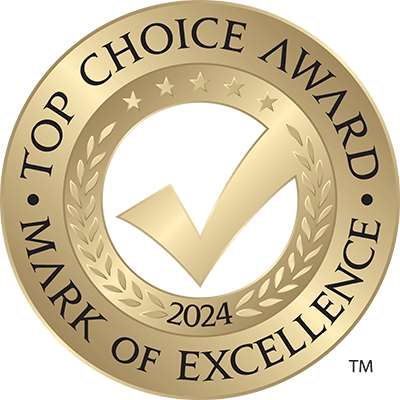Traditional Cataract Surgery
Each patient seeking treatment for cataracts is provided with a thorough education to determine the best treatment plan. Options for cataract surgery include: OHIP-covered outpatient procedure in a hospital setting, or Precision Refractive Cataract Surgery or Laser-Assisted Cataract Surgery at Herzig Eye Institute.
What is a Cataract and How is it Treated?
A cataract is when the eye’s natural lens clouds, leading to vision problems. Everyone, if they live long enough, will develop cataracts.
Cataracts are the most common cause of vision loss for people all around the world. Cataracts are a natural part of the aging process, but they do not have to interfere with your lifestyle. In order to diagnose a cataract, a thorough eye exam is needed. Once a cataract is detected, treatment options can be discussed.
Modern cataract surgery is performed using ultrasound energy. An ophthalmologist replaces the eye’s old, cloudy, or discoloured lens with a new, acrylic or silicone intraocular lens (IOL). The most common IOL for cataract surgery is a monofocal lens. It is designed to correct vision at one distance.

What’s the difference between manual cataract surgery and precision refractive cataract surgery?
We offer all cataract patients multiple options. The first is to have traditional cataract surgery performed by a Herzig Eye Institute doctor in a hospital setting, which is covered by OHIP. We also offer two cataract procedures at Herzig Eye Institute: Precision Refractive Cataract Surgery and Laser-Assisted Cataract Surgery. Using the latest technology and advancements, Precision Refractive Cataract Surgery and Laser-Assisted Cataract Surgery combines the cataract removal procedure with refractive surgery to eliminate or reduce the need for glasses post-operatively.
CATARACT SYMPTOMS
- Clouded or blurry vision
- Difficulty seeing at night
- Halos around lights
- Light sensitivity
- Seeing double
- Colours fading or yellowing
- Prescription changes
CATARACT SYMPTOM CHECKER
Let us help
Cataracts are a vision problem nearly all of us will face. If you or a loved one are experiencing cataract symptoms, ask your primary eye care professional for a referral to Herzig Eye Institute.
You can also book a consultation with us directly, even if you aren’t a resident of Ontario. Contact us or schedule a consultation below. We will examine your eyes and make a recommendation for your best course of action.
For more information about Cataract Surgery, please download The Complete Guide to Cataract Solutions.


